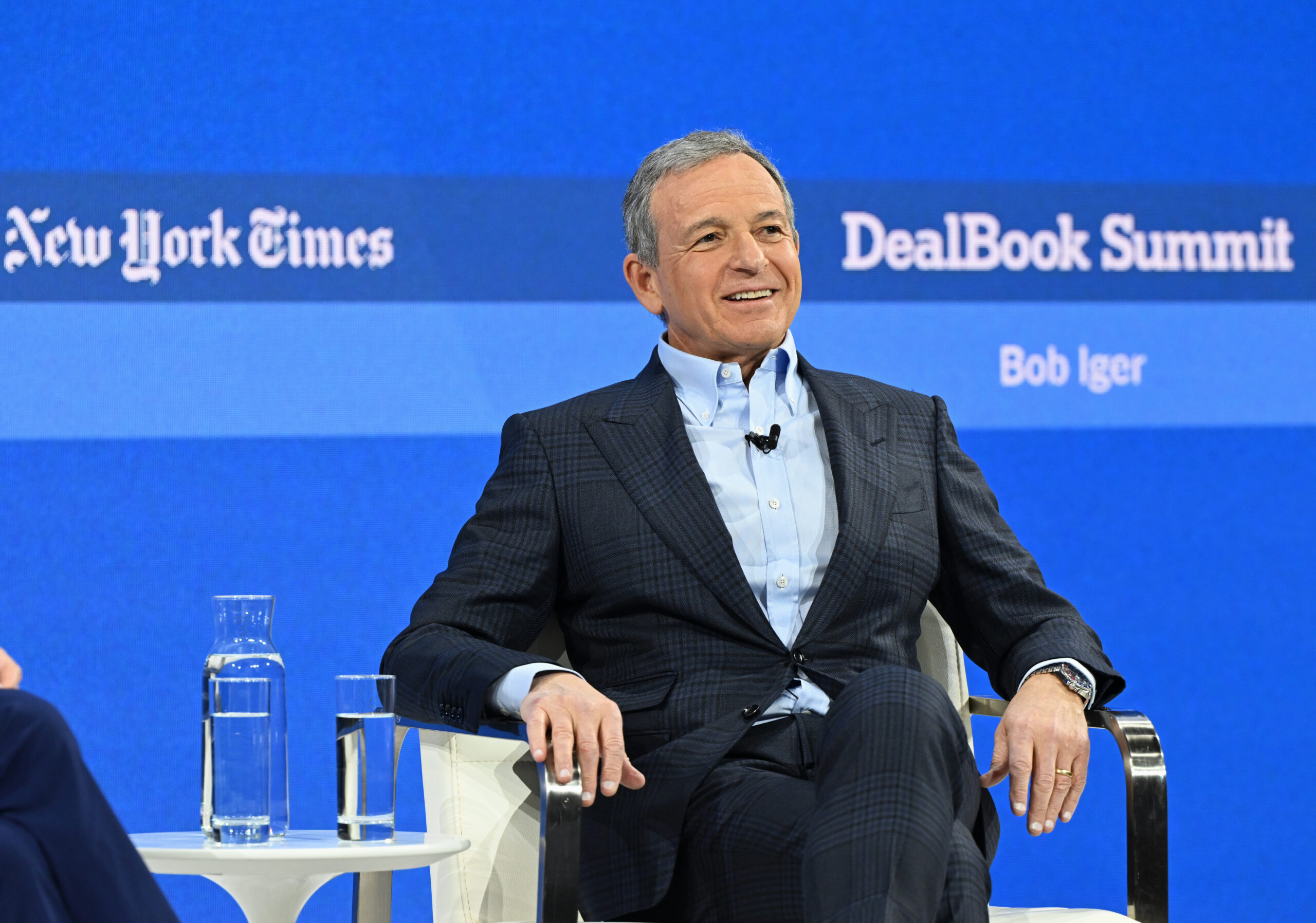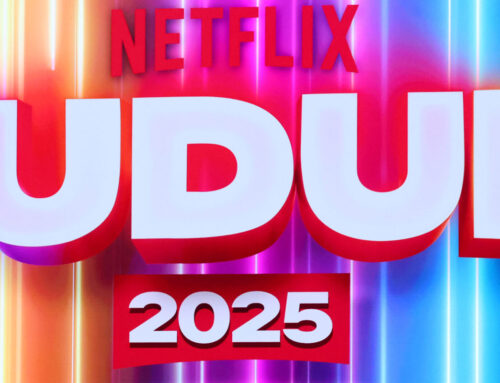Trian Group Takes Aim at Disney’s Board in Shareholder Showdown
With Disney’s annual shareholder meeting on the horizon (April 3, 2024), Nelson Peltz’s Trian Group has intensified its campaign for board seats, underscoring its concerns about the company’s direction. While Peltz has refrained from challenging CEO Bob Iger directly, his focus remains fixed on reshaping Disney’s board to enhance shareholder value.
In a recent statement, Trian emphasized its support for Iger as a candidate for the board and CEO. However, the investment firm withheld its votes for Iger’s reelection, signaling a nuanced stance on his leadership. Trian’s primary goal is to advocate for changes in the board’s composition to drive financial returns and improve oversight.
The statement criticized Disney’s board for its handling of CEO succession, particularly the appointment of Bob Chapek without adequate scrutiny. According to Trian, the board’s decision-making led to a series of missteps, culminating in the reinstatement of Iger after Chapek’s departure.
Disney has dismissed Trian’s proxy fight as disruptive, characterizing it as driven by personal agendas rather than genuine concerns for the company’s welfare. The media giant has questioned the motives behind Peltz’s campaign, highlighting his ties to former Disney executive Ike Perlmutter. As shareholders prepare to vote on competing board slates, tensions between Disney and Trian have escalated. Influential advisory firm Institutional Shareholder Services (ISS) recently recommended electing Peltz to the board, citing Disney’s flawed CEO succession planning. Trian’s campaign has resonated with some shareholders, who view the current board as ineffective and out of touch. The investment firm has urged investors to support its nominees and withhold votes for certain incumbent directors. In response, Disney has defended the qualifications of its board nominees, emphasizing their expertise and commitment to shareholder value. The company contends that Trian’s proposals lack substance and fail to address the underlying issues facing Disney.
As the shareholder showdown approaches, the outcome remains uncertain. While Disney enjoys widespread support from influential figures like George Lucas and Michael Eisner, Trian’s criticisms have struck a chord with investors wary of Disney’s recent performance.
Ultimately, the battle between Disney and Trian underscores the challenges of corporate governance in an era of heightened scrutiny and shareholder activism. As both sides vie for control, the future direction of Disney hangs in the balance.
Sources:
Share:
With Disney’s annual shareholder meeting on the horizon (April 3, 2024), Nelson Peltz’s Trian Group has intensified its campaign for board seats, underscoring its concerns about the company’s direction. While Peltz has refrained from challenging CEO Bob Iger directly, his focus remains fixed on reshaping Disney’s board to enhance shareholder value.
In a recent statement, Trian emphasized its support for Iger as a candidate for the board and CEO. However, the investment firm withheld its votes for Iger’s reelection, signaling a nuanced stance on his leadership. Trian’s primary goal is to advocate for changes in the board’s composition to drive financial returns and improve oversight.
The statement criticized Disney’s board for its handling of CEO succession, particularly the appointment of Bob Chapek without adequate scrutiny. According to Trian, the board’s decision-making led to a series of missteps, culminating in the reinstatement of Iger after Chapek’s departure.
Disney has dismissed Trian’s proxy fight as disruptive, characterizing it as driven by personal agendas rather than genuine concerns for the company’s welfare. The media giant has questioned the motives behind Peltz’s campaign, highlighting his ties to former Disney executive Ike Perlmutter. As shareholders prepare to vote on competing board slates, tensions between Disney and Trian have escalated. Influential advisory firm Institutional Shareholder Services (ISS) recently recommended electing Peltz to the board, citing Disney’s flawed CEO succession planning. Trian’s campaign has resonated with some shareholders, who view the current board as ineffective and out of touch. The investment firm has urged investors to support its nominees and withhold votes for certain incumbent directors. In response, Disney has defended the qualifications of its board nominees, emphasizing their expertise and commitment to shareholder value. The company contends that Trian’s proposals lack substance and fail to address the underlying issues facing Disney.
As the shareholder showdown approaches, the outcome remains uncertain. While Disney enjoys widespread support from influential figures like George Lucas and Michael Eisner, Trian’s criticisms have struck a chord with investors wary of Disney’s recent performance.
Ultimately, the battle between Disney and Trian underscores the challenges of corporate governance in an era of heightened scrutiny and shareholder activism. As both sides vie for control, the future direction of Disney hangs in the balance.
Sources:









